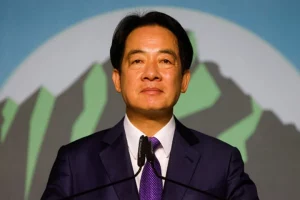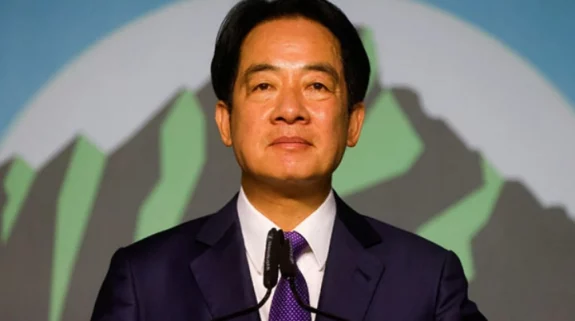With the civilian population in Pakistan for the first time starting to openly question the army’s role in running the Imran Khan government, the unnerved Pakistani generals have taken recourse to their age-old strategy and escalated the proxy war in Kashmir to divert attention.
This is reflected in the surge in firing incidents along the Line of Control (LoC) in recent days amid attempts to push through fresh batches of terrorists across the border. According to Indian army intelligence, a large number of terrorists are waiting at launching pads across the LoC and Pakistan is making desperate efforts to enable the terrorists infiltrate into Indian territory before the severe winter sets in and heavy snow blocks the mountain passes.
India’s Chief of Defence Staff (CDS), General Bipin Rawat, pointed out last week that “the unabated proxy war unleashed by Pakistan in Jammu and Kashmir accompanied by vicious anti-India rhetoric on social media and efforts to create social disharmony within India have taken India-Pakistan relations to a new low.”
Addressing a function at the National Defence College, General Rawat also said Pakistan continues to remain the epicentre of armed Islamist insurgency and terrorism.
Islamabad has been increasingly acting in collusion with China to step up pressure on India amidst the Ladakh stand-off. The fact that Chinese drones are being used by Pakistan to supply arms to terrorist outfits across the border in Kashmir, provides ample proof of the joint strategy of the two hostile neighbours to escalate tension in the region.
General Rawat said the “Pakistan Army and the ISI, known as the Deep State, are now also increasingly resorting to non-kinetic means by launching vicious anti-India rhetoric on social media and propagating false communal narratives to create social disharmony within India.”
General Rawat’s analysis assumes significance in the backdrop of disgruntled Peoples Democratic Party (PDP) chief Mehbooba Mufti’s recent statement criticising the government for not “talking to Pakistan” to restore normalcy in Kashmir. However, she has quite overlooked the fact that any discussion with Pakistan on the issue would have to contend with the caucus of army generals who control Imran Khan and who have no interest in restoring normalcy in the region.
Their de facto rule is based on continuously raising the bogey of an existential threat from India to justify the cornering of a disproportionately large share of funds in a cash-strapped nation struggling with a failed economy. There is no way that they will cede ground at a time when the bold statements issued by the opposition parties in Pakistan against the military interfering in political affairs is posing a threat to their hegemony.
The Indian authorities are firmly in control of the situation on the ground in Kashmir despite the Islamabad-sponsored terrorist activity. The Indian army is doing a commendable job to contain the menace by acting selectively on concrete intelligence about cross-border movement of terrorists, gathered through high-tech gadgets such as drones. Kashmiri youth who realise they have been led astray are being given the option of returning to the mainstream.
According to figures released last month by Lt. General BS Raju, commander of XV Corps, there are currently around 200 terrorists active in Kashmir out of which 90 are from Pakistan. The average life of a terrorist ranges from 3 to 11 months.
Raju disclosed at a press conference that several “families of local boys are coming out and saying they want their children back. And a number of them have come back. We are saying you can come back. Just because they held a gun and took a photo does not mean they have to die,” Raju said.
.




















